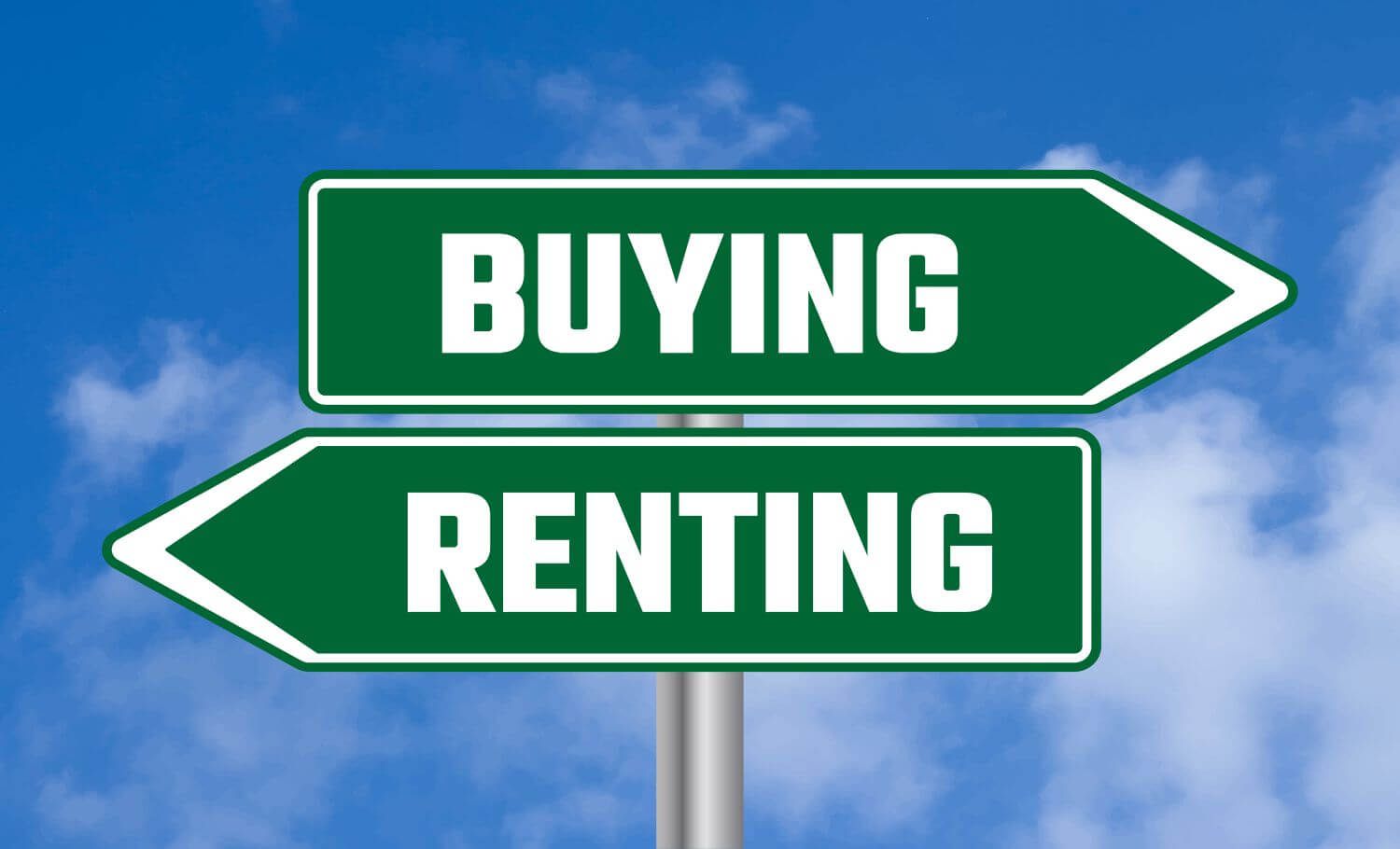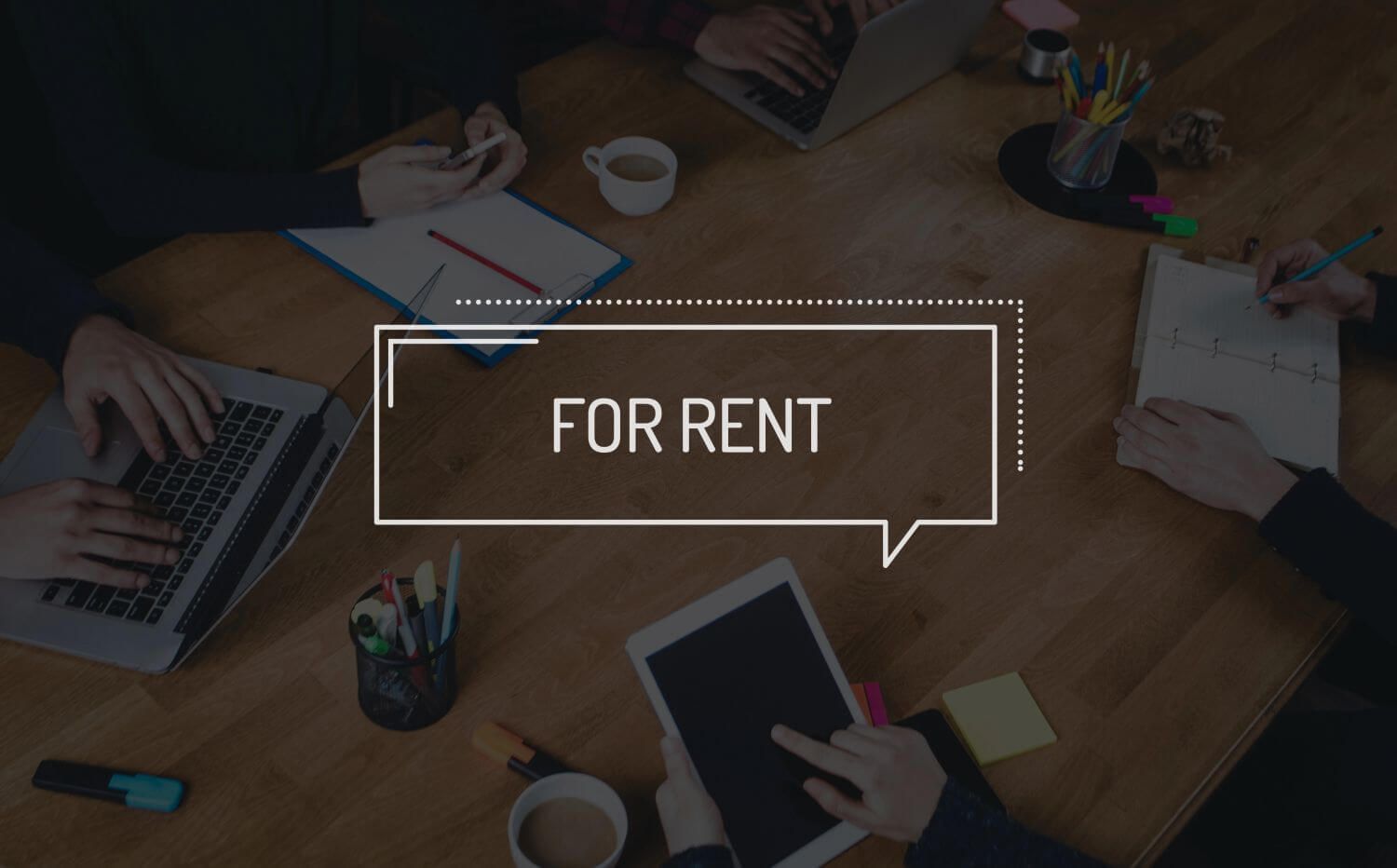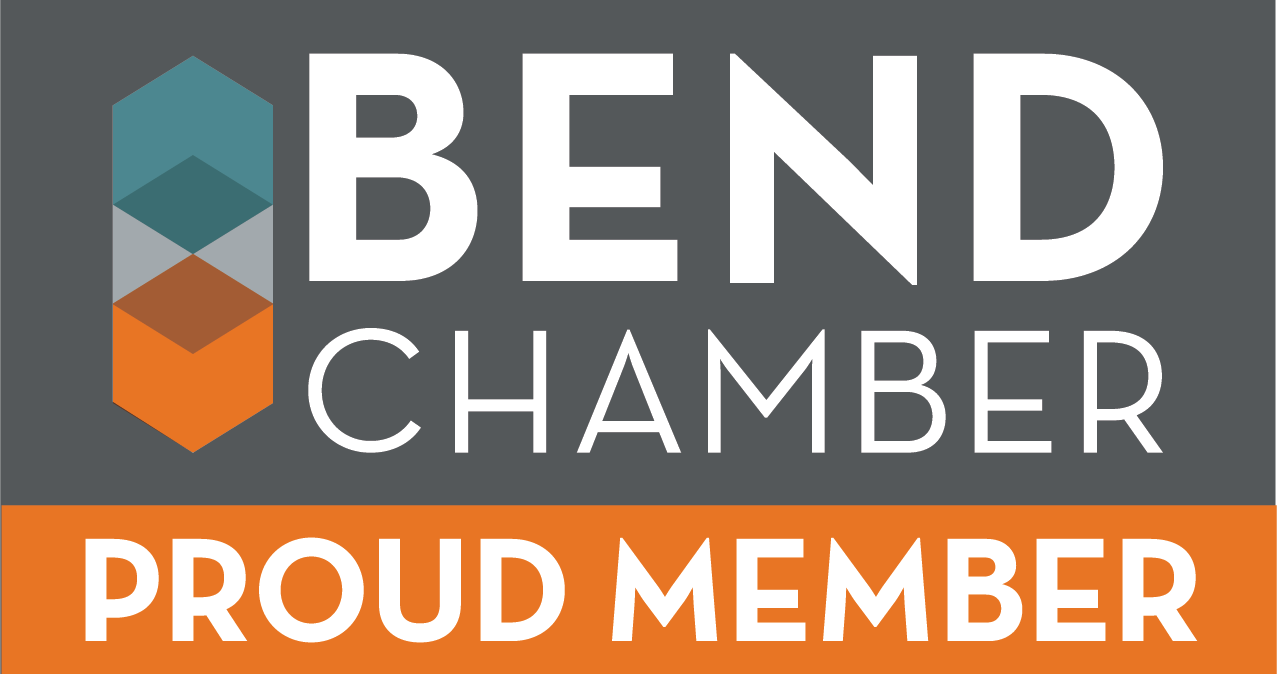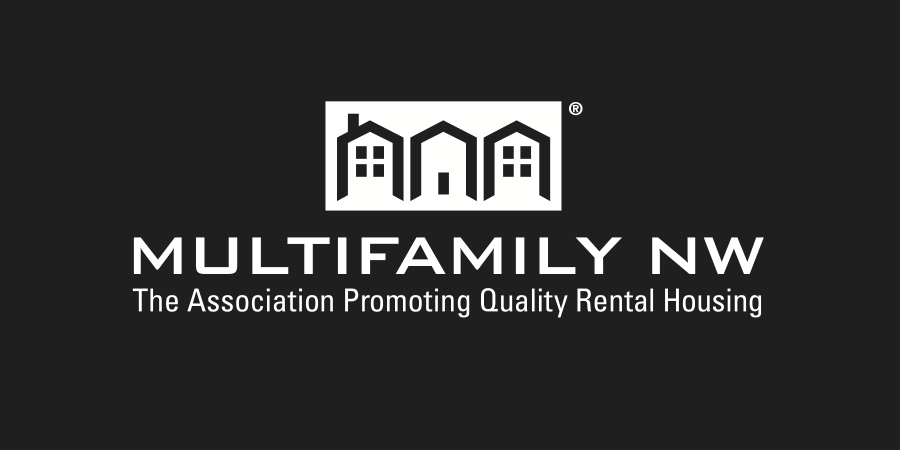Decoding Real Estate Costs: Is Renting Now the More Affordable Option?

Decoding Real Estate Costs – Is Renting Currently the More Affordable Option?
The age-old debate of whether to rent or buy a home has been a perennial question for individuals and families alike. The decision often hinges on various factors, including financial considerations, lifestyle preferences, and the state of the real estate market. In recent times, a growing number of people are leaning towards renting, citing reasons such as flexibility, lower upfront costs, and the ability to avoid the potential pitfalls of homeownership. This article aims to delve into the intricacies of real estate costs, comparing the expenses associated with renting and buying to determine whether renting is now the more affordable option.
The Upfront Costs of Homeownership
One of the primary deterrents for potential homebuyers is the substantial upfront costs associated with purchasing a property. These costs include the down payment, closing costs, and other initial expenses. The down payment alone can be a significant financial hurdle, often requiring a substantial portion of one's savings. In contrast, renting typically involves a security deposit and possibly the first month's rent, making it a more financially feasible option for those without a substantial nest egg.
Moreover, closing costs, which cover various fees such as loan origination fees, appraisal fees, and title insurance, can add up to several thousand dollars. These costs are usually the buyer's responsibility and are an integral part of the home-buying process. Renters, on the other hand, are generally exempt from these additional fees, contributing to the perceived affordability of renting.
Mortgage Payments vs. Monthly Rent
While the upfront costs are a significant consideration, the ongoing monthly expenses play a crucial role in the affordability equation. Mortgage payments are the primary financial commitment for homeowners. The monthly amount paid towards a mortgage is influenced by factors such as the loan amount, interest rate, and loan term. In the initial years of a mortgage, a substantial portion of the monthly payment goes towards interest, gradually shifting toward the principal over time.
Renters, on the contrary, have a fixed monthly rent, and any changes are typically outlined in the lease agreement. This predictability provides renters with a stable housing cost, making it easier to budget and plan for other expenses. Additionally, renters are not exposed to the volatility of interest rate fluctuations that can impact homeowners with adjustable-rate mortgages.
Property Taxes and Home Maintenance Costs
Homeownership comes with additional financial responsibilities in the form of property taxes and maintenance costs. Property taxes are determined by the local government and are based on the assessed value of the property. These taxes can vary significantly depending on the location, and homeowners are obliged to pay them annually.
Maintenance costs are another factor that adds to the overall expenses of homeownership. Repairs, regular upkeep, and unexpected expenses can arise, requiring homeowners to set aside a portion of their budget for such occurrences. Renters, in contrast, are generally not responsible for property taxes, and maintenance costs are the landlord's responsibility. This further contributes to the perceived affordability of renting, as renters can avoid the unpredictable nature of homeownership-related expenses.
Home Appreciation vs. Rental Stability
One of the arguments often made in favor of homeownership is the potential for property appreciation. Over time, real estate values tend to increase, allowing homeowners to build equity. This appreciation can be a valuable asset, providing homeowners with a financial cushion or the opportunity to make a profit when selling the property.
However, it's essential to acknowledge that real estate markets are dynamic and can experience fluctuations. The assumed appreciation is not guaranteed, and homeowners may face a loss if property values decline. On the other hand, renting provides stability in housing costs. Renters are insulated from the risks associated with market fluctuations and can enjoy the flexibility of moving without the complexities of selling a property.
Opportunity Cost of Tying Up Capital
When buying a home, a significant amount of capital is tied up in the property. The down payment, closing costs, and ongoing mortgage payments represent a substantial financial commitment. This capital could potentially be used for other investments with potentially higher returns.
Renting, on the contrary, allows individuals to invest their capital in alternative avenues, such as stocks, bonds, or other investment opportunities. The opportunity cost of tying up capital in a home is a factor that individuals need to weigh when deciding between renting and buying. Depending on the performance of alternative investments, the financial returns may outweigh the potential equity buildup in a property.
Changing Demographics and Lifestyle Preferences
The traditional notion of homeownership as the ultimate goal has undergone a shift in recent years. Changing demographics, evolving lifestyles, and a desire for increased flexibility have contributed to a growing preference for renting. Younger generations, in particular, are more inclined to prioritize experiences and mobility over the permanence of owning a home.
Renting offers the flexibility to explore different cities, pursue career opportunities in different regions, and adapt to changing life circumstances without the constraints of selling a property. The value placed on these lifestyle preferences is subjective but plays a crucial role in the overall assessment of affordability.
Government Incentives for Homeownership
It's important to note that various governments around the world offer incentives to encourage homeownership. These incentives may come in the form of tax deductions for mortgage interest, first-time homebuyer programs, or other financial incentives. While these initiatives can make homeownership more financially attractive, they are contingent on eligibility criteria and may not be universally applicable.
Renters, on the other hand, do not benefit from these specific homeownership incentives. However, the overall cost calculation should consider both the potential benefits and drawbacks of government programs when evaluating the affordability of renting versus buying.
The Evolving Landscape of Renting
The rental market has evolved significantly in recent years, with the rise of various housing models such as co-living and short-term rentals. Co-living arrangements, where individuals or small groups rent furnished rooms in shared spaces, have gained popularity, especially in urban areas. These arrangements often include utilities and other amenities in the rent, providing tenants with a more inclusive and convenient housing option.
Additionally, the prevalence of short-term rentals through platforms like Airbnb has introduced a new dynamic to the rental market. While this offers increased flexibility for both landlords and tenants, it also raises questions about the long-term stability of rental options and the potential for fluctuations in pricing.
Market Conditions and Regional Variations
Real estate markets are inherently local, and the affordability of renting versus buying can vary significantly based on geographic location. In some regions, the cost of renting may be relatively low compared to the high property values, making renting a more attractive option. In contrast, in areas where property values are more moderate, homeownership may be perceived as a more financially viable choice.
Economic conditions and job markets also play a crucial role in influencing the decision to rent or buy. In regions with a strong and stable job market, individuals may feel more confident in committing to homeownership. However, in areas with economic uncertainty or a transient job market, renting may be the preferred choice to maintain flexibility.
Embracing Renting: A Closer Look at the Advantages
Beyond the financial aspects, renting offers a range of advantages that make it an appealing choice for many. One notable benefit is the freedom from the responsibilities of homeownership. Home maintenance, repairs, and landscaping are typically handled by the landlord, allowing renters to focus on their daily lives without the added burden of property upkeep.
Flexibility is another key advantage of renting. Leases typically have shorter terms compared to the long commitment of a mortgage. This flexibility is particularly advantageous for those who anticipate changes in their personal or professional lives. Renters can easily relocate for job opportunities, travel, or pursue educational endeavors without the complexities associated with selling a property.
Moreover, renting provides access to a wide array of housing options, from apartments in the heart of urban centers to charming houses in suburban neighborhoods. This variety allows individuals to tailor their living arrangements to suit their current needs and preferences without the long-term commitment that comes with homeownership.
For those who value amenities and communal living, the rising trend of co-living spaces is worth considering. These arrangements often include shared common areas, community events, and additional services, creating a sense of community that may be challenging to replicate in a traditional homeownership setting.
The rise of the gig economy and remote work has also contributed to the appeal of renting. Individuals with careers that involve frequent travel or those who work remotely may find the convenience and simplicity of renting more aligned with their dynamic lifestyles. Renting enables them to adapt to changing circumstances without being tied down by the responsibilities of owning a property.
Additionally, renters can benefit from cost savings associated with not having to pay property taxes or homeowners insurance, as these are typically the responsibility of the property owner. This can result in a more predictable monthly budget and the ability to allocate resources to other financial goals, such as investments, education, or experiences.
Conclusion
The decision between renting and buying a home is a complex and multifaceted consideration that goes beyond a simple cost comparison. While renting is often seen as the more affordable option due to lower upfront costs, stable monthly payments, and avoidance of certain homeownership-related expenses, it's essential to recognize the non-financial aspects.
Factors such as lifestyle preferences, flexibility, and the potential for property appreciation contribute to the overall assessment of affordability. Moreover, the evolving landscape of the rental market, government incentives, and regional variations further complicate the decision-making process.
Ultimately, the choice between renting and buying should align with individual priorities, financial goals, and life circumstances. There is no one-size-fits-all answer, and individuals should carefully weigh the pros and cons before making this significant financial decision. As real estate markets continue to evolve, the dynamics of renting versus buying will likely undergo further changes, making it imperative for individuals to stay informed and adapt their housing choices to suit their unique needs and aspirations.
While the financial considerations are crucial, renting offers a lifestyle-centric approach that resonates with those seeking flexibility, convenience, and a sense of community. As the real estate landscape continues to evolve, renting emerges not just as a financially viable option but as a lifestyle choice that aligns with the diverse and dynamic needs of today's individuals and families.
A Superior Property Management Company, LLC
225 NW Franklin Ave. Suite A
Bend, OR 97703
Associations & Affiliations









